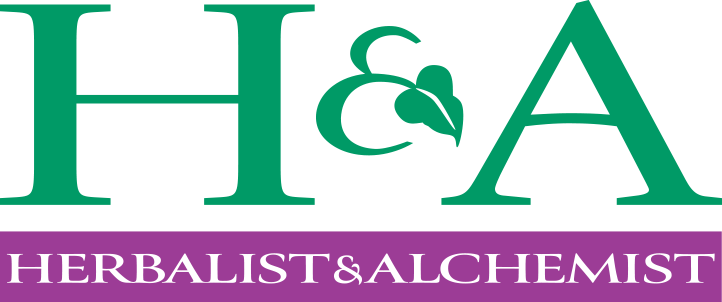What has your formal training in herbs encompassed?
My professional training is built around
Oriental Medicine. I also apprenticed with Dr. Aija Lee in
NYC, pursued studies with Rev. Jeffrey Yuen, and did post
doc work at Khyung Hee Medical University in Seoul. As most
of my 8,000 patients have not been Asian, my interest has
been to integrate medicinals which are ‘western’ and local
whenever possible. For me naturopathic, homeopathic, and
essential oil therapeutics all share a common source. I
often teach Herba Est Luce, which is Latin for “Plants are
of the Light”. There is a Hermetic message there.
I have also done as much side study in Tibetan
Medicine as possible; (outside of attending formal schooling
in Dharamsala, India or spending a decade in close
apprenticeship with a master physician in the Himalayas).
Remember, it was only this year (2009) that the first
graduates completed a formal 3 year TM program in the USA.
How much of your practice encompasses herbs?
Quite a bit, actually. Although I use energy
medicine a LOT, especially Acupuncture and it’s ancillary
therapies, the foundation of healing has to be a balanced
lifestyle, meaning good food and dietary herbs first. Then
secondly is supplementation (whole food and herbal based)
and then therapy is third (planetary herbalism and classical
TCM). The background gestalt is of course a clear Shen
(Spirit) grounded in a harmonized body, meeting one’s
individual Destiny with joy. This is how I approach a truly
integrated holistic medicine.
Do you formulate your own, provide products by companies such as Herbalist & Alchemist, or do your patients buy them elsewhere, or a combination of these?
Sidestepping the vast topic of Oriental
polypharmacy and answering your question only about western
(and now more a planetary) herbalism, the short answer is
‘yes’. In clinical practice one cannot formulate without a
documented pharmacy meeting GMP standards and other FDA
criteria. So at my practice (Center for Integrated Holistic
Medicine) I
dispense prepared botanicals primarily from Herbalist &
Alchemist. Just as with aromatic medicines I use Young
Living essentials oil almost exclusively, and stock only a
few select lines of homeopathics.
Most folks will understand the need for
quality to achieve true efficacy. Although the marketplace
has improved significantly for many herbals, I do educate
patients to select the premier labels, such as Herbalist &
Alchemist.
My major project now is to develop Old King
Farm near Fair Haven VT, for bio-dynamic and wildcrafted
medicinal plant production, and as a long term sanctuary for
rare and endangered species. It is an amazing and historic
place, with a Foundation envisioned as a center for holistic
education with a large library collection and as a dharma
center focused on the healing arts. For more information
about the project see okfdharma.org/
